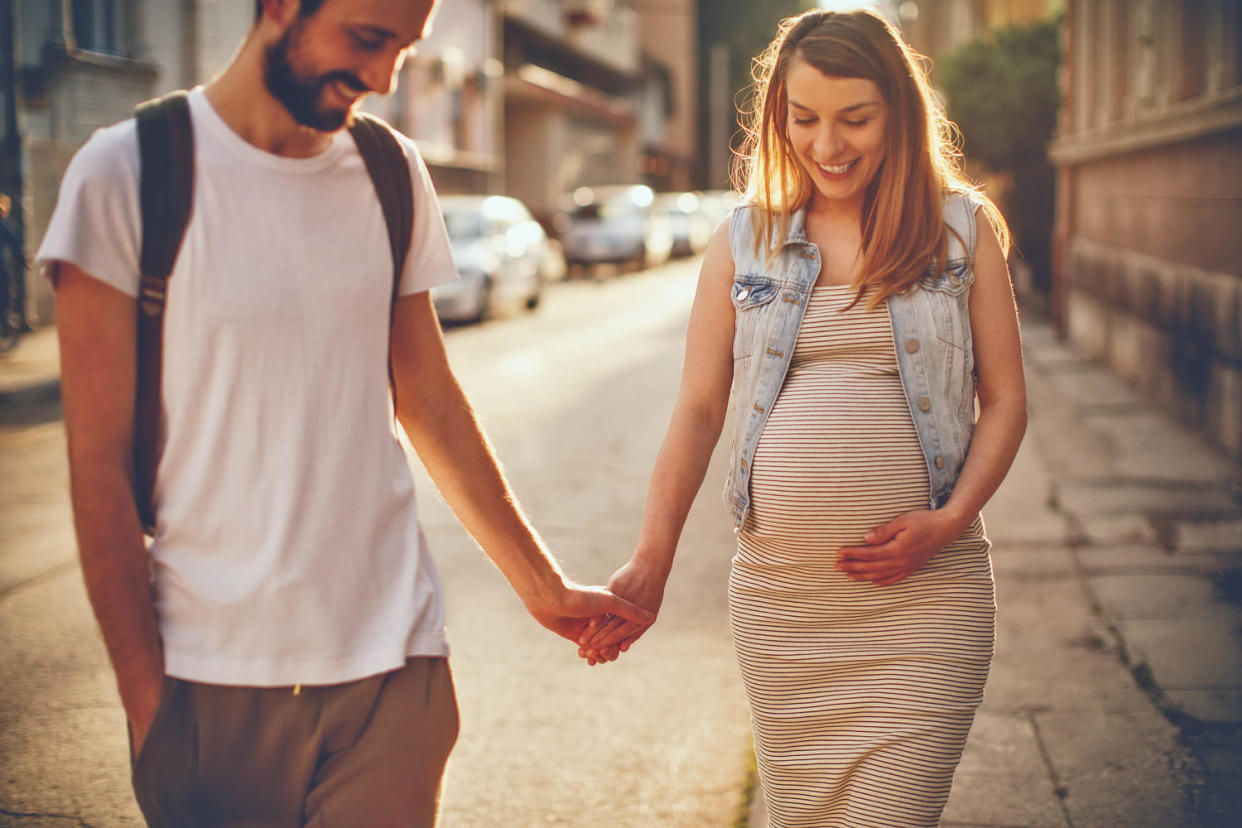What is a babymoon, and expert advice to plan one
What is a babymoon? This pregnancy vacation can provide parents with much-needed relaxation and enjoyment before a baby’s grand debut.
It’s the perfect way for parents to reset before beginning their parenthood journey.
What is a babymoon?
A babymoon is a combination of “baby” and “honeymoon,” first coined in the 1990s to describe the time parents spend alone with their newborn after birth.
Thirty years later, the definition has shifted to mean a honeymoon-like experience for expecting parents. No longer just for celebrities like Keke Palmer and the wealthy, now more and more expectant parents are opting for a bit of rejuvenation before their new infant’s arrival and the hectic adjustments that come with it.
Ideas for babymoons
Babymoons come in all shapes and sizes, with something for everyone’s tastes.
Jennifer Hattersley of New Jersey’s Modern Family Travel LLC says, “A babymoon offers a unique opportunity to escape the hustle and bustle of everyday life, allowing you to focus on each other and cherish the precious moments before parenthood.”
Babymoon locations often include nature escapes, beach vacations, and international adventures. If you are on a budget, there is always a babymoon to fit your situation closer to home.

When should you go on a babymoon?
Morning sickness, nausea, heartburn, and other symptoms can plague women in the first trimester as the body adjusts to the development of new life.
So you want to travel when you are feeling your best, which usually means the second trimester. Many airlines and cruise lines have policies for pregnant passengers, which the CDC recommends women check. Airlines usually let women travel before 36 weeks, while cruise lines let women travel between 24 and 28 weeks.
Dr. Nicole Rankins, OB-GYN and host of the All About Pregnancy & Birth podcast, suggests, “The second trimester is a great time (roughly 13-26 weeks). Generally, nausea and vomiting are done by then, and you’re not so big that moving around is challenging.”
Although pregnant women do not need prior approval for travel, Dr. Rankins recommends that if you’re planning any physical activities, check with your doctor or midwife.
What to do on a babymoon?
There are endless possibilities for babymoon travel. Parents can tailor plans to what brings them joy, invokes curiosity and provides comfort and peace.
Some parents, like mom and travel expert Tomika Anderson from Woodbridge, Virginia, opt for a getaway abroad, “I traveled to Bahia, Brazil, with two friends as an impending single mom, and rented an Airbnb for a week, connecting with other friends in the country, and had a blast!" she says. "I intended to spend time by the beach, enjoy with friends, and ultimately do nothing.”
If you choose not to go abroad, there are other options. Anderson, who runs a travel-enthusiast group for single moms, say other expecting parents might opt for a bed and breakfast in a nearby town. Anderson, who runs a travel service for single parents, advised looking for “pregnancy-friendly spa accommodations and someone to cook for and dote on them, providing the mom-to-be and even their partner a much-needed break and getaway.”
Spending time together by creating new memories, taking a class together, going for a hike, or exploring cultural venues like museums, art galleries, and historical sites are fun things everyone could enjoy on a babymoon regardless of location. The most important thing is focusing on self-care and connecting with your partner on a babymoon.
Anderson advises, “Go wherever your heart tells you! Go where it makes sense to spend a little time loving on yourself (or being loved on) and doing some mental pre-nesting and self-care before the baby arrives.”
For babymoon travel inspiration, here are 15 Babymoon destinations for expecting couples.

Babymoon travel tips
Before you begin your babymoon adventures, Johns Hopkins Medical would like you to consider the following for smooth traveling:
Research medical facilities near your travel destination just in case of an emergency.
Get plenty of rest and stay hydrated.
Get out and stretch your legs during the car ride or walk the aisles during the flight to keep blood circulating.
Prepare a health kit with all essential medications.
Arrange travel at the time you feel the best.
Shoot for an aisle seat on the plane for more space.
Hattersley added the following tips:
Consult with your healthcare provider before planning your babymoon to ensure it’s safe for you and your baby.
Pack comfortable clothing and essentials for relaxation, and remember your prenatal vitamins.
Take it slow and prioritize rest — listen to your body and don’t overexert yourself.
Consider travel insurance to provide peace of mind.
A babymoon is all about creating lasting memories and relaxing. By consulting with your healthcare provider, choosing the right babymoon destination, and taking safety precautions, you can ensure a safe and enjoyable experience.
This article was originally published on TODAY.com
